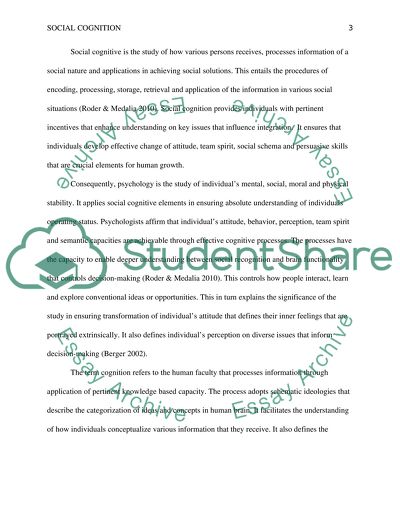Cite this document
(“Social Cognition Essay Example | Topics and Well Written Essays - 1500 words”, n.d.)
Retrieved from https://studentshare.org/psychology/1464153-social-cognition
Retrieved from https://studentshare.org/psychology/1464153-social-cognition
(Social Cognition Essay Example | Topics and Well Written Essays - 1500 Words)
https://studentshare.org/psychology/1464153-social-cognition.
https://studentshare.org/psychology/1464153-social-cognition.
“Social Cognition Essay Example | Topics and Well Written Essays - 1500 Words”, n.d. https://studentshare.org/psychology/1464153-social-cognition.


